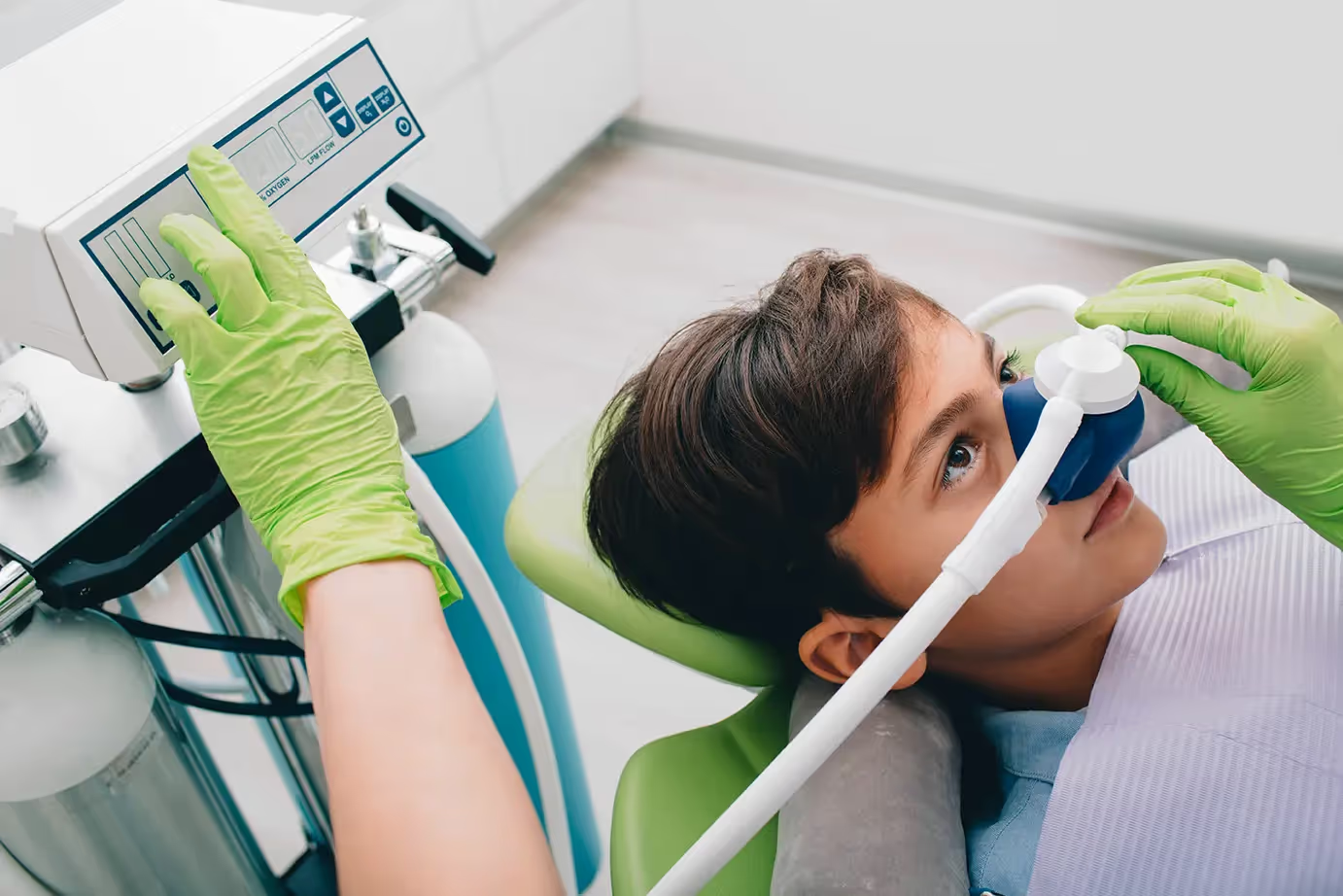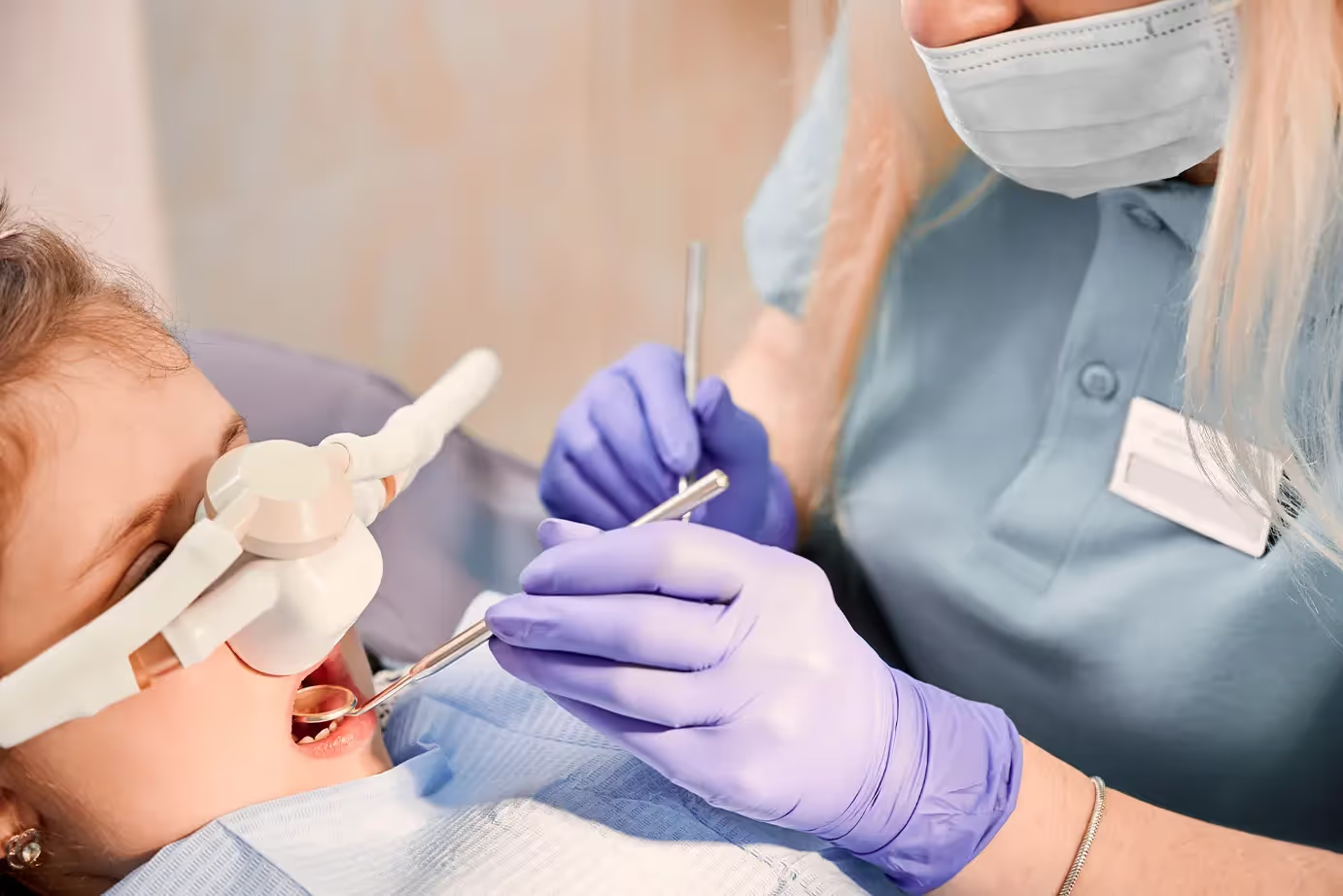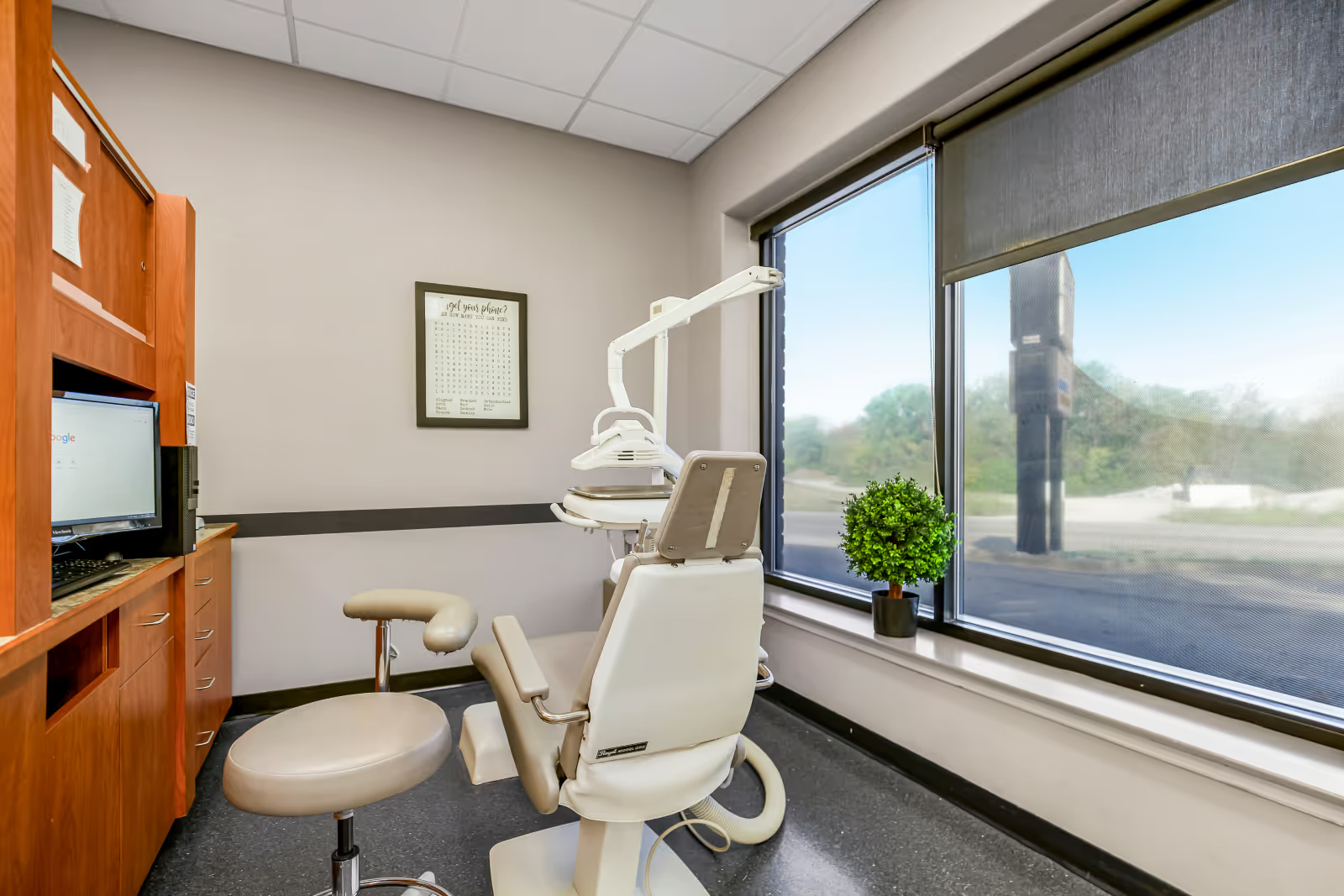
Pediatric Sedation Dentistry in Midtown
Safe, Soothing Care for Little Smiles
What Is Pediatric Sedation Dentistry?
Pediatric sedation dentistry uses safe, controlled medications to help children feel calm and comfortable during dental procedures. Whether your child has anxiety, special healthcare needs, or difficulty sitting still, sedation allows for a smoother, more relaxed experience — and better outcomes for their smile.

Why Choose Sedation Dentistry at The Smile Spot?
Designed for Kids from Start to Finish
Our entire approach is built around helping kids feel safe — from how we speak to how we deliver care.
Safety You Can Trust
Sedation is administered and monitored by trained professionals in a controlled, child-focused environment.
Flexible Options, Personalized Plans
We take your child’s age, health, and comfort into account to recommend the safest, most effective sedation solution.
Support for Parents, Too
We walk you through every step, answer your questions honestly, and make sure you feel just as comfortable as your child.
A Calmer Way to Care for Kids
At The Smile Spot, our pediatric dentist in Midtown believes every child deserves a positive dental experience — even if they feel nervous or need more involved treatment. That’s why we offer pediatric sedation dentistry to help children relax and feel comfortable in the dental chair. With gentle, kid-friendly techniques and safe sedation options, we make it easier for your child to get the care they need — without fear or stress.
Sedation Options We Offer
Nitrous Oxide (Laughing Gas)
This mild sedative is delivered through a small nose mask and helps reduce anxiety while keeping your child awake and alert. Nitrous oxide wears off quickly, making it a great choice for routine care and children with mild to moderate anxiety.
IV/General Anesthesia
For complex procedures or children who need a deeper level of support, we offer general anesthesia administered by a licensed professional. Your child will sleep comfortably through the procedure in a fully monitored setting, waking up with no memory of the treatment.

Treatments We Offer

Ready to start your smile journey?
Get a Free Orthodontic Consultation!
New to The Smile Spot?
$55* Pediatric New Patient Offer
*Not valid with insurance or any other discount programs or plans
*New patients only
What to Expect
Pre-Treatment Consultation
We’ll review your child’s medical history, discuss their needs, and determine which type of sedation is best suited for them.
Day of Procedure
Our friendly team will explain what to expect, keep your child calm, and ensure they are closely monitored from start to finish.
Recovery and Aftercare
We’ll guide you through recovery instructions and let you know what to expect as your child returns to normal after treatment.
Continued Care and Encouragement
We’ll support your family beyond the procedure, helping your child feel more confident about future dental visits.

FAQs
Find answers to common questions from our patients
Yes — when administered by trained professionals, both nitrous oxide and general anesthesia are safe and commonly used in pediatric dentistry.
With nitrous oxide, yes. Your child remains awake and relaxed. With general anesthesia, your child is fully asleep for the duration of the procedure.
We’ll review your child’s treatment plan, age, and comfort level during a consultation and recommend the safest and most appropriate option.
Nitrous oxide wears off within minutes. General anesthesia may require a few hours of rest after the procedure.
Absolutely. Sedation is a helpful tool for children who may have difficulty with traditional treatment due to behavioral, sensory, or medical challenges.
